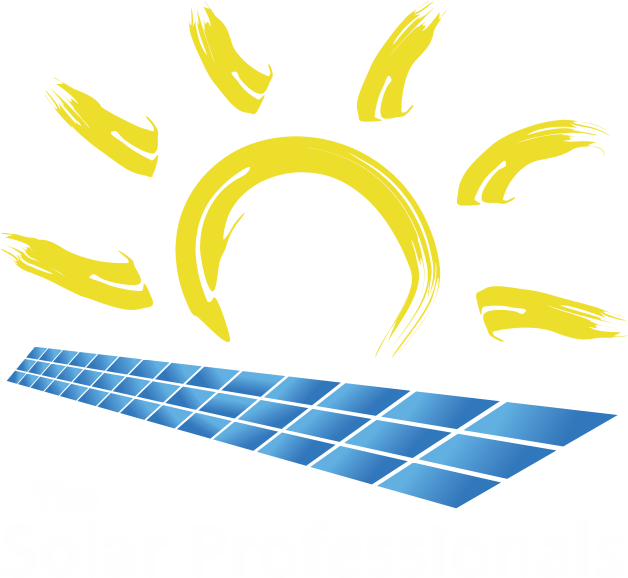Do you use solar energy to power your home? Do you live in a state that frequently experiences extreme weather? If you answered yes to both of these questions you are likely wondering how well your solar panels will hold up in storms and if extreme weather can damage your solar panels.
Rough weather, from hurricanes to high winds, is a major risk for solar panels. Out of all the types of extreme weather conditions, hail causes the most extensive concern for homeowners using solar panels to power their homes. The information below will discuss the impact of hail on solar panels and the measures manufacturers have taken to create more durable panels altogether.
Impact of Hail on Your Solar Panels
Well-made solar panels are protected by a thick layer of tempered glass that can withstand a substantial number of hard impacts at high speeds. Reports surrounding damaged solar panels caused by hail are mixed. Some homeowners report no damage while others report the presence of small cracks and scratches on their solar panels. Damaged solar panels with cracks will still work but these abnormalities can cause solar production to decrease. Damage to panels can cause them to operate below maximum efficiency, output, or voltage. Fortunately, solar manufacturers have found ways to make solar panels more durable in an effort to combat issues cause by abnormal weather conditions.
Creating More Durable Solar Panels
The solar industry’s top solar manufacturers have long understood the need to develop solar panels that can resist extreme weather conditions such as high winds, blizzards, and hail. Led by the National Renewable Energy Laboratory (NREL) and the Office of Energy Efficiency and Renewable Energy’s SunShot Initiative, solar panels have undergone extensive research and testing to improve durability and resilience to extreme weather conditions.
The NREL can attest to the resilience of today’s best solar panels. The NREL is home to an enormous solar energy system consisting of 3,168 rooftop and ground-mounted solar panels. In 2017, a severe hailstorm hit the Denver area, including the NREL Campus. Despite hailstones up to 2.75 inches in diameter traveling at nearly 50 mph being reported in the area along with the countless cars and windows being damaged, only one of the facility’s 3,168 solar panels sustained significant damage. This instance is a testament to the resilience of modern solar panels.
Solar Panel Testing and Certification
Testing and certifications developed within the solar industry have created standards for assessing the quality and durability of solar energy systems. During this testing process, solar panels undergo severe weather conditions in multiple climates. At the forefront of solar panel, testing is the International Photovoltaic Quality Assurance Task Force (PVQAT), which is funded by the SunShot Initiative. The PVQAT and NREL have worked together over the years to create more accessible and affordable solar panels that are also resilient and durable.
The PVQAT “develops standardized quality tests to make sure solar modules can survive various climate conditions, monitors quality management of the manufacturing process, and establishes guidelines for system quality inspections to ensure your solar installation has been designed and installed properly”. Thanks to the work of PVQAT and RNEL, consumers can have immense confidence in the reliability of solar energy systems.
Contact Us Today
In conclusion, solar panels are extremely durable and resilient to extreme weather conditions, but in rare cases, they can be damaged. If your panels are damaged, you should have them repaired or replaced immediately to prevent further issues and inefficiencies. Contact The Solar Professionals today for all service and installation inquiries. One of our trained specialists is always happy to help!
Works Cited:
https://blog.namastesolar.com/hail-solar-panels-how-much-hail-can-solar-panels-handle
https://www.conserve-energy-future.com/can-hail-damage-solar-panels.php
https://www.solarreviews.com/blog/solar-panel-hail-damage-what-you-need-to-know





